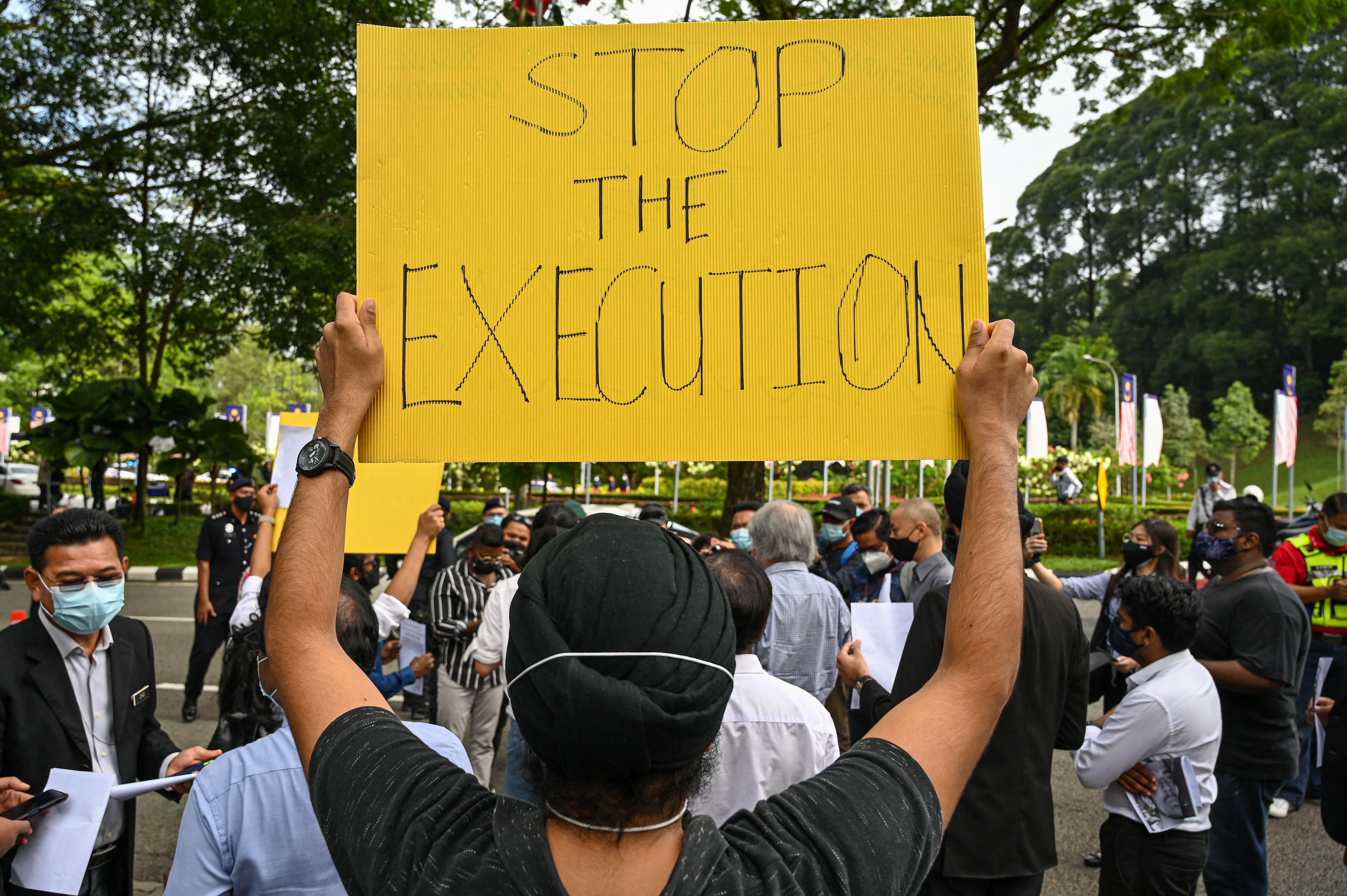Malaysia moves to decriminalise drug possession in major shift for southeast Asian country
Those found guilty will be sent to rehabilitation centres in order to bring down prison population

Malaysia is looking to decriminalise the possession and use of illegal drugs in small quantities in a reform aimed at bringing down its prison population, and taking the first step as a southeast Asian country to water down capital punishment for drug offences.
The country’s home minister Datuk Seri Saifuddin Nasution Ismail said a new bill on this is in progress and will be presented to the Cabinet in July.
The bill “Drugs and Substance Abuse Act” will then be taken to the Parliament for its first reading in this year.
“With this law, for the type of offences where drugs are found on the body, whether in terms of possession or use in a smaller quantity, the original idea was to not consider this as a common drug crime,” the Home Affairs minister told reporters at the Malaysia Agro Exposition Park Serdang (MAEPS) on Monday.
This proposed law will focus on rerouting these drug offenders guilty on smaller counts to rehabilitation centres covered under Malaysia’s anti-drugs agency Agensi Anti Dadah Kebangsaan (AADK) to reduce overcrowding in prisons.
“They will be referred directly to rehabilitation centres, either institutional or community-based treatment and rehabilitation that are under the jurisdiction of AADK and not straight to jail,” he said.
Drafting of the bill is also on schedule, the minister said.
This is the latest move by Malaysia in a series of criminal justice reforms pursued by prime minister Anwar Ibrahim’s government.
Earlier this year, Malaysia abolished the mandatory death penalty and natural-life prison terms as it also looked to decriminalise suicide attempts.
Geographically, Malaysia is considered a key transit point for illegal narcotics trade. The police said nearly 29,000 people were arrested in 2022 for various drug offences, the bulk of whom were addicts.
Several southeast Asian countries, prominently Malaysia and Singapore, have strict punishments dictated by law for drug crimes, demonstrating zero-tolerance for drug related offences and crimes in the region.
As a result, both nations have convicted and executed several national and international convicts on the grounds of consumption, trafficking or being involved in the conspiracy to carry out the illegal trade of drugs.
This has also sparked a wave of concern from the international community and activists.
Join our commenting forum
Join thought-provoking conversations, follow other Independent readers and see their replies
Comments




Bookmark popover
Removed from bookmarks